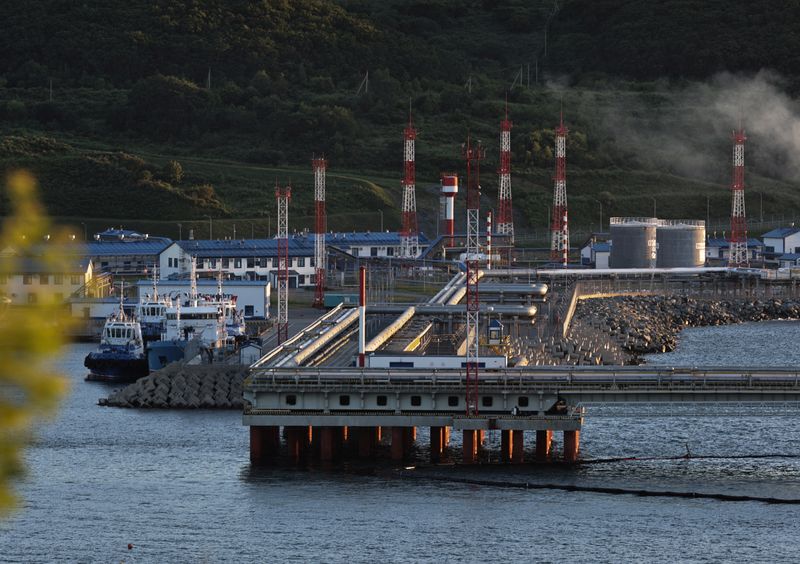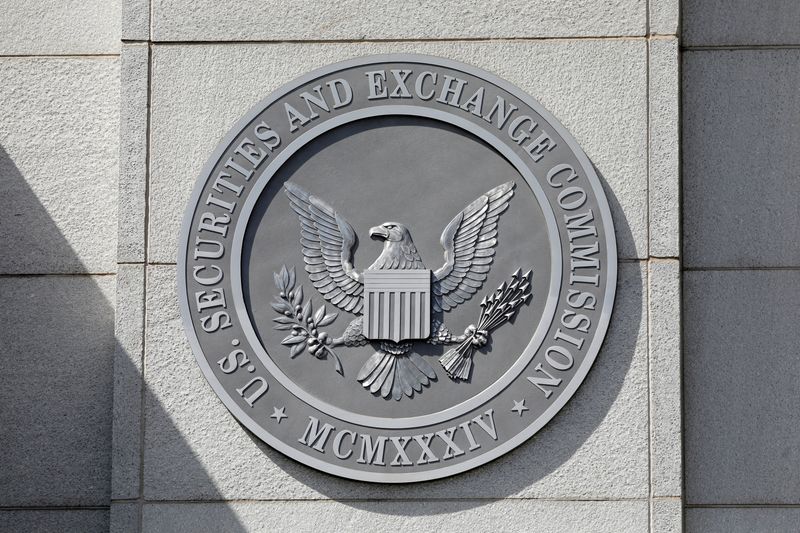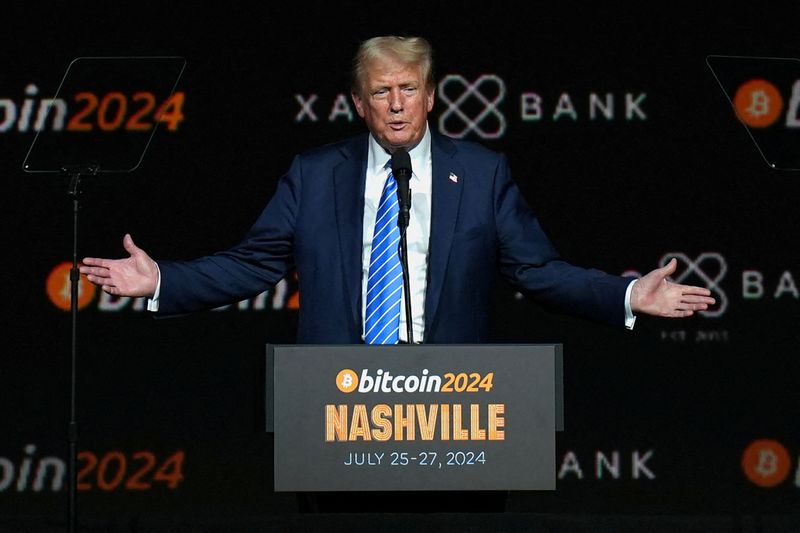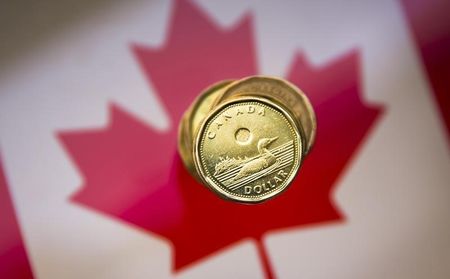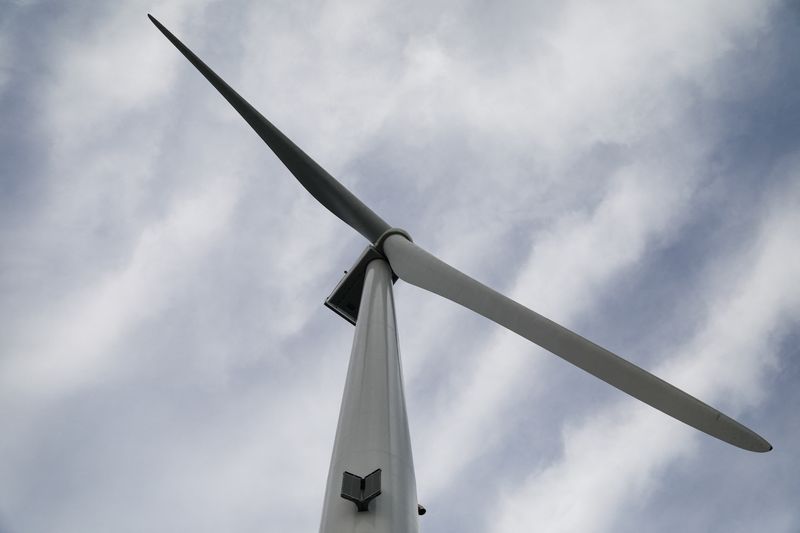
By Valerie Volcovici and Simon Jessop
NEW YORK (Reuters) – World leaders on Tuesday said that developing nations risk missing out on a push to triple the amount of renewable energy worldwide without financial support from rich countries.
Speaking at a Global Renewables Summit held on the sidelines of the UN General Assembly, Kenyan President William Ruto warned that while the technologies exist to achieve the goal set at the COP28 climate summit in Dubai last year to triple global renewable energy capacity by 2030, without investment and support, developing nations will not reap the benefits of clean electricity.
“Africa receives less than 50% of global investment in renewable energy despite being home to 60% of the world’s best solar opportunities,” Ruto said at the summit. “Although the continent is resource rich, unreliable or expensive, energy limits our ability to harness these resources for development.”
With global energy demand on the rise, countries will need to use more renewable energy in order to avoid burning more fossil fuels.
Recent reports, including by the International Energy Agency, have shown that the goal of tripling renewable energy is feasible this decade, but requires strong permitting rules and regulations, as well as investments in building out transmission and battery storage.
European Commission President Ursula von der Leyen told the summit that this will require “massive investments” from the public and private sector, especially for “countries and regions where there is a lack of affordable energy and capital, and where costs are so high that is an obstacle to electrification.”
Barbados Prime Minister Mia Mottley said that fossil fuel subsidies outnumber renewable energy subsidies, which makes it more expensive for small states to develop clean energy projects.
“Small states face the reality that the cost of renewable energy … will probably be higher than traditionally fossil fuels,” she said.
Earlier in the day, a coalition of some of the world’s biggest companies, finance houses and cities called Mission 2025 urged governments to adopt policies that they said could unleash up $1 trillion in clean energy investments by 2030, such as setting new capacity targets and offering tax credits or long-term electricity contracts would boost the industry’s case for investment.
Separately, U.S. President Joe Biden is set to address to the U.N. General Assembly for the final time as president, and a separate event will discuss his administration’s climate achievements, particularly the boom in renewable energy production and manufacturing spurred by the $360 billion Inflation and Reduction Act passed in 2022.
“What he will show is how the United States has changed the playbook fundamentally — not focused on the doom and gloom, focused instead on the massive economic opportunity, a chance to build U.S. manufacturing and infrastructure, and a chance to build the American middle class,” White House National Climate Adviser Ali Zaidi.
African leaders are especially anxious to find ways for growing their electricity portfolios, both to fuel development and to reach hundreds of millions of people who still have no access to electricity at all.
The African Development Bank and World Bank presidents spoke Monday about their project to expand electricity access to more than 300 million people on the continent, for which the banks were seeking $30 billion in private sector investment.
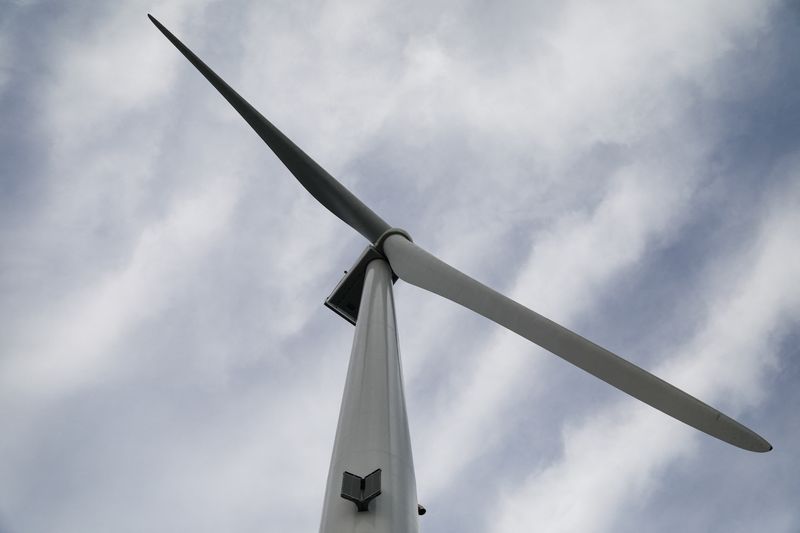
“You cannot really grow the global economy without energy,” said Africa Development Bank president Akinwumi Adesina, during an event hosted Monday by the Global Energy Alliance for People and Planet.
“You cannot industrialize in the dark.”
This post is originally published on INVESTING.

